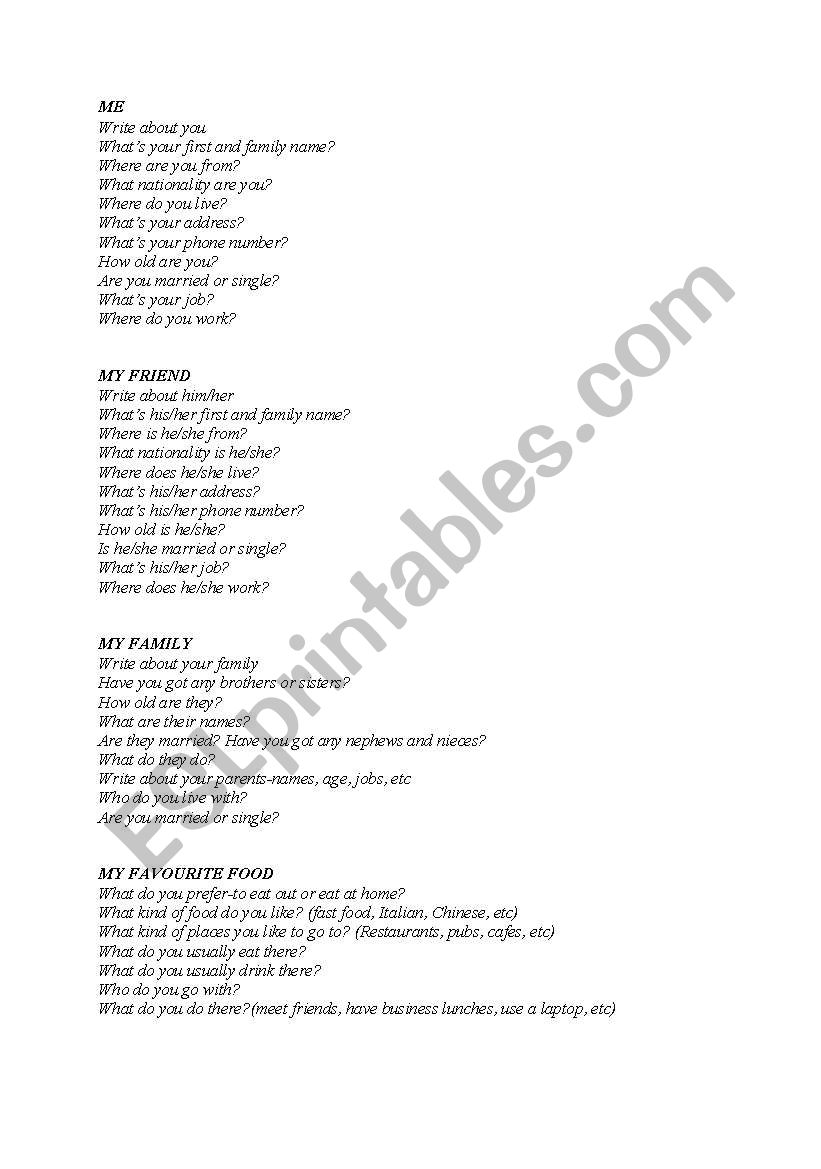

Then, write on that topic but do it better.īuzzSumo is so cool because it tells you how well content is doing across each social media platform. To be clear, this doesn’t mean that you get to plagiarize or steal! Instead, use it as inspiration to see what your audience cares about. You can also borrow ideas from your competitors based on their most shared pages and best performing content on social media. Based on these topics, you can then pin down a concept or idea for your next blog post.īy entering a keyword or domain, BuzzSumo will yield a list of similarly published content. There are several online tools that allow you to find viral content circulating in your industry and popular topics that people are totally eating up.īuzzSumo is one such tool that lets you check out hot topics that are tied to your niche. For example, if the original blog was about gluten-free food, you might do a new blog on gluten-free bread specifically. You can do an updated version of the original content, or you could do a “sequel.” Additionally, you might be able to pull a sub-topic from the original topic. Once you’ve identified your best posts, then what? Well, you have a few options. These ideas are useful for more content suggestions. Since our industry is fast-paced and evolving, reviewing older posts will spark new and relevant ideas that you already know will work well with your readers. Using Google Analytics, you can identify your most viewed content on your blog based on metrics like page visits and the time spent on the page. One brilliant strategy is to leverage your own blog’s top-performing posts to generate new blog topics. You don’t always need to look for inspiration elsewhere because you might already have it in your own published content. Establish their online presence and enhance their brand image.ħ Ways to Source Blog Topics 1.We learn that we need to consistently come up with good ideas for our next blog post and the next and then the next.Ī blog post refers to a type of written content that is published on a blog, which is an online platform or website that allows individuals or businesses to share information.īusinesses write blogs for several reasons. We understand that we have to make our blogs stand out. Additionally, we learn that there are millions of websites out there who struggle for their voices to be heard.

We learn that we need to pay attention to improving our SEO so that we can rank better. We learn that it’s important to write blog posts that offer value. What you write about is so, so important.Īnd as we go through our blogging journey, there are other lessons we pick up along the way. There’s no denying that we feel a lot of pressure in knowing that blogging isn’t just simply writing about stuff we’re interested in. In today’s digital world where search engines are saturated and competition for attention in Google increases on a daily basis, it’s no fun to feel like you’ve literally run out of things to say. Finding blog topics isn’t easy - especially if you’re blogging on a consistent basis (which, again, hopefully you do!). If you ever write blogs for your brand (which you hopefully do), you likely often find yourself asking this question: “What on earth do I write about?” It happens.


 0 kommentar(er)
0 kommentar(er)
